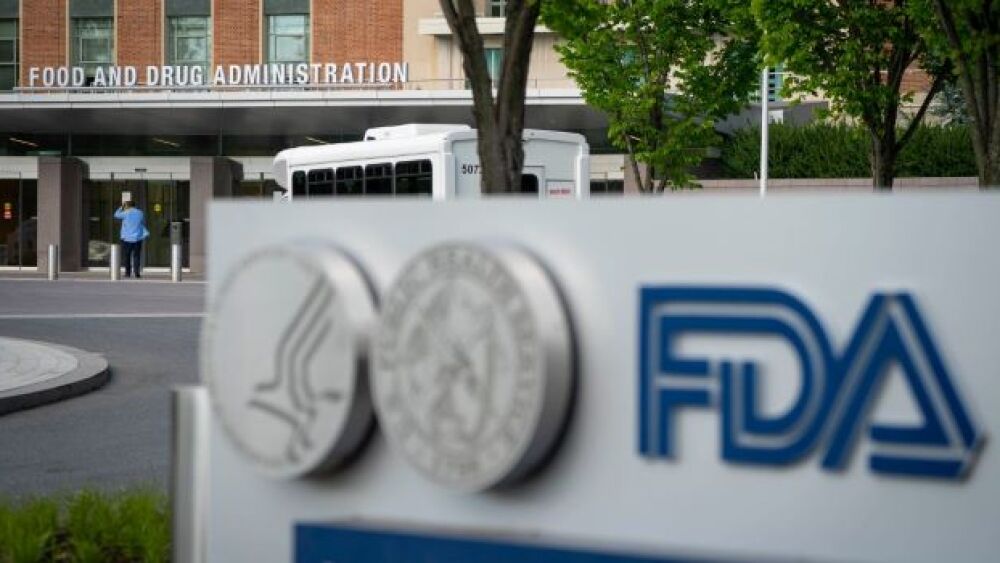Minneapolis-based DiaMedica Therapeutics plans to conduct additional studies in order to resolve a clinical hold on its DM199 program for the treatment of acute ischemic stroke (AIS).
Courtesy of Sarah Silbiger/Getty Images
Minneapolis-based DiaMedica Therapeutics plans to conduct additional studies in order to resolve a clinical hold on its DM199 program for the treatment of acute ischemic stroke (AIS), the company announced Wednesday.
The FDA placed the hold on the Phase II/III ReMEDy 2 trial in July due to three serious adverse events of acute hypotension during IV infusion of the drug.
Rick Pauls, DiaMedica’s president and CEO, stated in a conference call that the additional data will be drawn from in vitro data and in-use data.
“Although the timeline isn’t solid, it should take approximately two months. We’ve also put in place mitigation protocols to prevent hypotension,” he said.
DM199 is a recombinant form of human tissue kallikrein-1 (KLK1). KLK1 deficiency leads to the disruption of a range of physiological processes and is believed to play a role in strokes, chronic kidney disease, retinopathy, vascular dementia and resistant hypertension. It received Fast Track designation from the FDA in September 2021 to treat AIS.
DM199 is known to cause low blood pressure (hypotension). Data to date found that the type of intravenous (IV) bags used in the ReMEDy 1 trial, where there were no hypotensive events, were different than those used in the ReMEDy 2 trial, where the events occurred.
The analysis found there were significant differences in protein binding, or sticking, between the two types of IV bags, which affected the amount of drug that was administered.
“The drug can attach to plastics and sticks to the IV bag. The in-use study will determine if any other materials affect the dosing,” said Kirsten Gruis, M.D., CMO of DiaMedica during the conference call.
What Comes Next
In meetings with the FDA, DiaMedica agreed on proposed protocol changes. Gruis noted the company would use a “50% dose reduction” and “start with additional lower infusion rates along with ongoing monitoring of blood pressure.”
If blood pressure drops, the infusion would be halted until it returns to normal, which it typically does within a few minutes.
“The FDA acknowledged these changes and did not recommend others. The severe hypotension cases only occurred in the intravenous subcutaneous study and were quickly mitigated and transient,” Gruis said.
DiaMedica expects a Type A meeting with the FDA, hopefully in the next month. Pauls said the study will be “relatively short.”
Gruis also said that in terms of monitoring for hypotension events, the “patients are in a hospital bed and are already being monitored.”
DiaMedica’s financials remain on track, largely because there were significantly fewer expenses while the trial was halted.
“We began scaling back spending with our CROs, with the net results for the third quarter of $2.3 million in spending,” down from the previous quarter, and it will “remain at approximately these levels until we continue the study,” said Scott Kellen, DiaMedica’s CFO.
“This is a matter of checking all the boxes,” Pauls said. “But we believe the drug’s benefit-risk profile will be compelling.”





